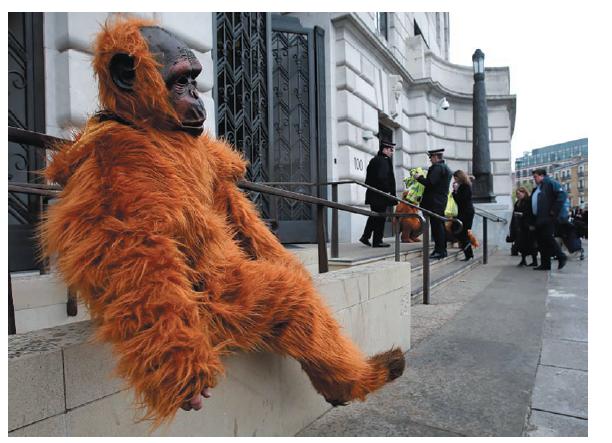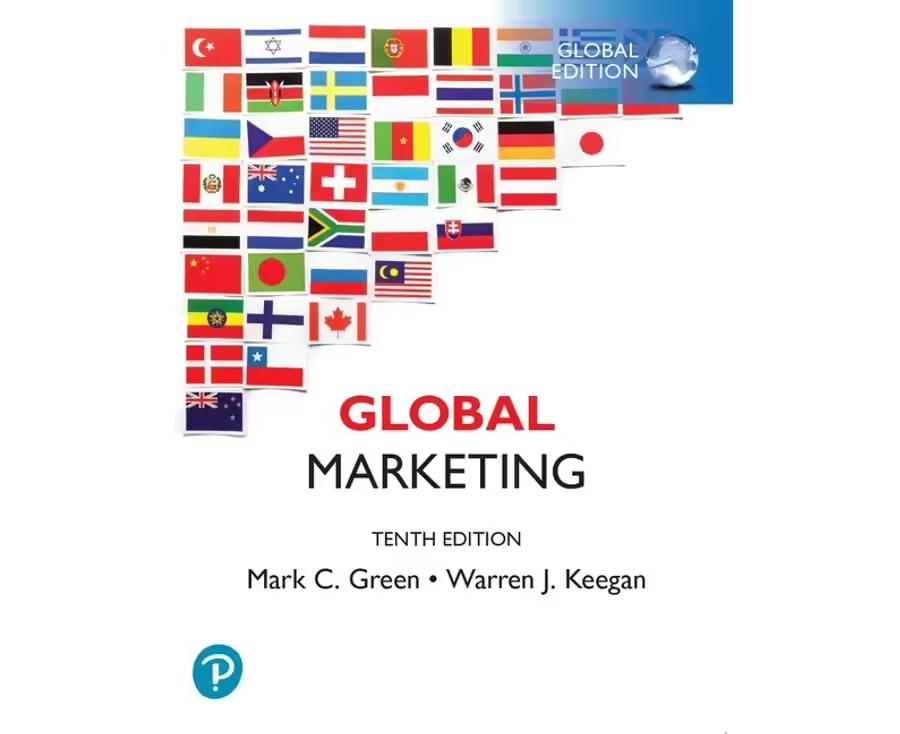After Cescau was elevated to the top job, Unilevers board streamlined the companys management structure. Now there
Question:
After Cescau was elevated to the top job, Unilever’s board streamlined the company’s management structure. Now there is a single chief executive; previously, there had been one in Rotterdam and one in London. Cescau asserted that, with a single chief executive, the need for consensus was replaced by speed at making decisions. As noted, many of those decisions concerned “doing good.” However, some observers were skeptical of Cescau’s determination to operationalize a responsible business philosophy. Cescau recalled, “The company was not doing well. There was an article saying that I was draping myself in a flag of corporate social responsibility to excuse poor performance. I was so angry with that.”
Cescau’s commitment was put to the test in 2008, his final year as CEO. Greenpeace launched an advertising campaign alleging that Unilever’s purchases of Indonesian palm oil were contributing to rain forest destruction. Palm oil, a key ingredient in Dove soap, Magnum ice cream bars, and Vaseline lotion, comes from oil palm trees that grow in Indonesia and Malaysia. Unilever is the world’s biggest palm oil customer, buying approximately 1.4 million tons each year. Rising world prices for the commodity prompted Indonesian farmers to cut down large swaths of old-growth rain forest and plant fast-growing oil palms. Specifically, Greenpeace identified the operations of Sinar Mas, an Indonesian company that is a major palm oil supplier, as contributing to deforestation.
The media strategy for the Greenpeace campaign included newspaper ads in London and a video on YouTube. Fliers parodied Unilever’s Campaign for Real Beauty; for example, they showed pictures of orangutans juxtaposed with the headline “Gorgeous or gone?” John Sauven,
executive director of Greenpeace, explained why his organization had targeted Unilever: “Everyone has heard of those brands. They are the public face of the company” (see Exhibit 17-11).
Cescau’s commitment was put to the test in 2008, his final year as CEO. Greenpeace launched an advertising campaign alleging that Unilever’s purchases of Indonesian palm oil were contributing to rain forest destruction. Palm oil, a key ingredient in Dove soap, Magnum ice cream bars, and Vaseline lotion, comes from oil palm trees that grow in Indonesia and Malaysia. Unilever is the world’s biggest palm oil customer, buying approximately 1.4 million tons each year. Rising world prices for the commodity prompted Indonesian farmers to cut down large swaths of old-growth rain forest and plant fast-growing oil palms. Specifically, Greenpeace identified the operations of Sinar Mas, an Indonesian company that is a major palm oil supplier, as contributing to deforestation.
The media strategy for the Greenpeace campaign included newspaper ads in London and a video on YouTube. Fliers parodied Unilever’s Campaign for Real Beauty; for example, they showed pictures of orangutans juxtaposed with the headline “Gorgeous or gone?” John Sauven,
executive director of Greenpeace, explained why his organization had targeted Unilever: “Everyone has heard of those brands. They are the public face of the company” (see Exhibit 17-11).
 Cescau responded by calling for a moratorium on rain forest destruction by Indonesian oil producers. The Unilever chief also pledged that his company would buy palm oil only from producers who could prove that the rain forest had not been sacrificed in the production process. The move allied Unilever with the Roundtable on Sustainable Palm Oil (RSPO), an organization that certifies palm oil producers. A Unilever spokesperson also indicated that the proposed change in Unilever’s palm oil sourcing strategy had been in the works for months. Nevertheless, Greenpeace and other NGOs claimed victory.
Cescau responded by calling for a moratorium on rain forest destruction by Indonesian oil producers. The Unilever chief also pledged that his company would buy palm oil only from producers who could prove that the rain forest had not been sacrificed in the production process. The move allied Unilever with the Roundtable on Sustainable Palm Oil (RSPO), an organization that certifies palm oil producers. A Unilever spokesperson also indicated that the proposed change in Unilever’s palm oil sourcing strategy had been in the works for months. Nevertheless, Greenpeace and other NGOs claimed victory.Questions
1. If a company such as Unilever has to make trade-offs between being a good corporate citizen and making a profit, which should be the higher priority?
2. Assess Cescau’s response to the Greenpeace palm oil protest. Was it appropriate? Which types of relationships should Unilever cultivate with Greenpeace and other NGOs in the future?
3. Do you think that a streamlined management structure and emphasis on emerging markets and niche acquisitions will help a big company like Unilever increase revenue growth by a significant amount? Or, will a much larger acquisition be required?
4. As you read this, has Unilever decided on a single headquarters country? If so, which one, and why?
Fantastic news! We've Found the answer you've been seeking!
Step by Step Answer:
Related Book For 

Question Posted:





